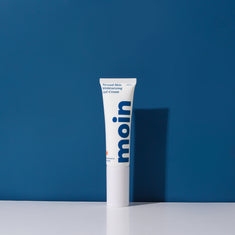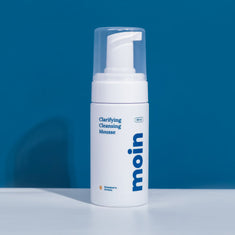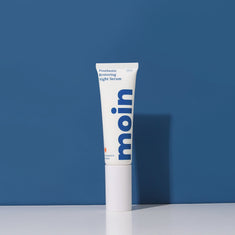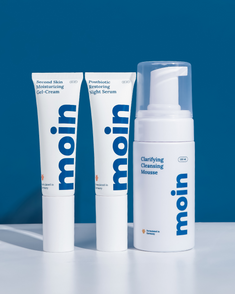African Ingredients You Need to Know
Africa is the second largest continent in the world and is known for its biodiversity. There are more than 20,000 plant species in this region. From generation to generation, these plants have given the populations the benefits as raw materials, food source and traditional remedies to cure various diseases. Rich in essential fatty acids, vitamins and minerals, these natural plant ingredients have also been used to maintain beauty and skin health. Here are some exotic African skin care ingredients to try:
Marula oil
Marula oil is extracted from the seeds of the fruit of Schleocarya birrea or the marula tree. Not only its seed oil, but also various parts of this tree have been used to make dyes, medicines, food and even building materials. The marula tree is native to parts of southern Africa and grows wild. A natural oil rich in beneficial nutrients, marula oil is found in a variety of formulations, including body washes, skin moisturizers and hair and scalp treatments. The light texture makes the oil easy to absorb into the skin. With amino acids, fatty acids and antioxidants, Marula oil prevents water loss from the skin by acting as an occlusive agent and can improve the skin's resistance to external aggressors. As a result, the skin becomes radiant and revitalized. When used as a hair conditioner, Marula oil adds shine and moisture to dry hair. It nourishes not only the hair fiber but also the scalp to make it look and feel healthier.
Baobab oil
Similar to marula oil, baobab oil or baobab oil is one of the most popular vegetable oils in Africa because of its benefits. This thick oil is extracted from the seeds of Adansonia tree, which is found in numerous countries in Africa, such as Angola, Mozambique, Zambia, Zimbabwe and South Africa. A study conducted in 2017 proved that baobab oil is considered an excellent oil for improving skin barrier function due to its content of highly saturated and unsaturated fatty acids. Thanks to its antioxidant properties, baobab oil acts as a protective barrier against UV radiation. Therefore, it can slow down the signs of ageing. Apart from being a moisturizer, baobab oil can also be used as an oil cleanser as it contains linoleic acid which can deep clean the pores and get rid of the excess sebum skin oil.
Resurrection plant
Myrothannus flabellifolia or better known as "resurrection plant" is found throughout southern Africa. The plant got its nickname because of its unique metabolic abilities. It can survive long periods of drought in an area that is completely dry, then it flowers again when the rains come. For this reason, the resurrection plant is believed to have health benefits. For centuries it has been used as a medicinal plant to treat coughs, flu and to sterilize wounds. The plant has also been praised for its benefits to the skin. The resurrection plant is rich in quinic acid esters and is a powerful antioxidant that can defend the skin against oxidative stressors.
Kalahari melon oil
Citrulus ianatus is an important source of water in the Kalahari Desert during the dry months of the year when surface water is not available. This wild watermelon plant is fast becoming a trend among skincare enthusiasts. Although it is related to the watermelon, the Kalahari melon has some differences. The fruit is either yellow or green and, unlike the watermelon, has a bitter taste. Extraction of the seeds yields the oil, which is a yellow oil with a fatty texture. Nevertheless, the oil of the Kalahari melon is ready to absorb the skin without leaving a greasy feeling. As a non-comedogen, this oil has become a favorite among people with oily and acne-prone skin. Its anti-inflammatory properties can also help calm redness. Kalahari melon oil is rich in omega 3, 6 and 9 fatty acids. It contains riboflavin, vitamin E and minerals that help smooth, plump and moisturize the skin. In addition, the seeds can be used as an exfoliant to remove dead skin cells.
Kigelia extract
The pulp and root bark of Kigelia africana or liverwort tree have long been used throughout sub-Saharan Africa for their medicinal properties. The fresh fruits cannot be eaten because they can cause blisters in the mouth and on the skin. However, when dried and crushed, they can be used to treat conditions such as fungal infections, acne, eczema and psoriasis. Kigelia extract contains essential nutrients that are important for the skin, such as fatty acid, steroidal saponins and flavonoids. It also has anti-inflammatory and soothing properties reported in the Journal of Natural Products in 2005, making it ideal for treating sensitive skin.





